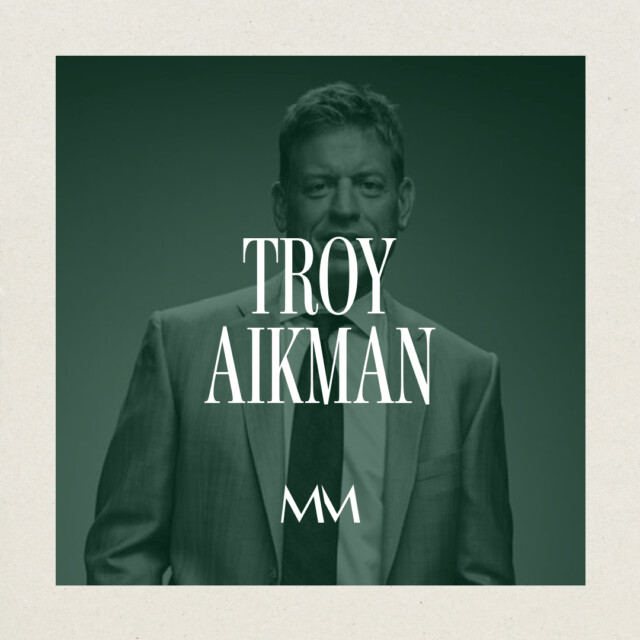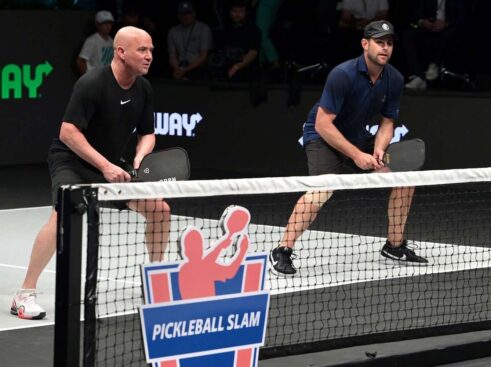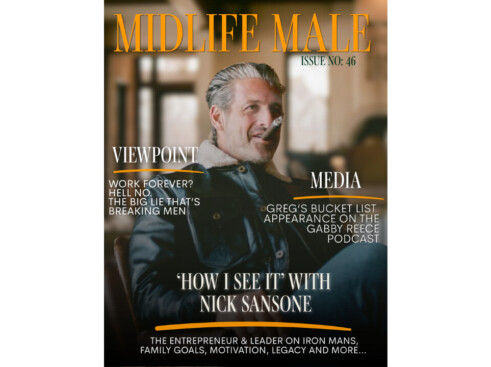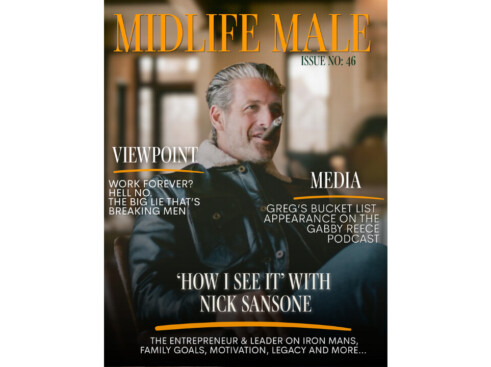This is a guest post by Ron Speaker.
A vital mentor once told me, “Death is our greatest advisor.” As a late-stage midlife male myself, I recently realized that I will likely attend more funerals than weddings in the future. This is undoubtedly a turning point in our lives.
In the coming decade, I am likely to lose my parents, mentors, and a few friends. This new season “advises” me to take care of “my business” or risk leaving those we love a complicated financial web that lacks clarity on my final wishes.
I can speak from experience, as I currently run a private charitable family foundation for a dear mentor who passed away three years ago. Many years earlier, after a long day of fly-fishing, he asked if I would be the personal representative of his estate since he didn’t have any children. I was honored with the task. Despite his incredible financial acumen for building wealth, he failed to clearly document his intentions before he had a stroke that impaired his ability to define his wishes. We later reworked his draft documents under challenging circumstances.
If you haven’t experienced administering a will and dealing with estate tax issues, I warn you that it will take much longer than you can imagine. The IRS demands your estimated tax payments on time but has no timeline for final settlements or refunds. This delay can create emotional anxiety for beneficiaries who have a personal interest in the outcome.
We should all have a will by midlife, especially if we have children. Please stop reading and start working on it if you still need to do so. The lack of a well-defined will has caused more family angst than an unguarded group chat at Thanksgiving dinner.
While I was content to have created a will with my wife a few years ago, we realized that circumstances have now changed, and the named executor is no longer a good fit. We also penned it when our kids were toddlers with different concerns.
I now realize that “wills” could have living elements rather than something collecting dust in a fireproof box. Our real estate holdings can change, our assets will fluctuate, and our relationships with children, spouses, or exes can complicate our earlier intentions.
In round two of updating our will, we hired an experienced financial advisor to be our “backup financial quarterback” in case my wife and I both died early, leaving our young children without financial direction. We will pay an annual retainer to help him stay fully informed of our financial affairs and attempt to understand our evolving family dynamics. Upon a tragic event, he would fill the role I play now and keep our family moving forward.
Whoever you choose for this vital role is critical, so be patient and careful and consider someone outside your immediate family. If you have more kids than houses, you know how complicated it can be to determine who gets the house and who gets the cash.
In my prior career in wealth management, I heard countless stories of estate plans that have gone awry and their many regrets. Wealthy clients often lamented that providing young adults with too much monthly financial support diminished their motivation to find meaningful employment.
Since there is no perfect way to design this most crucial document, we crafted our version that rewards hard work and respects individuality.
In simple terms, we created a family trust that hopes to incentivize our children by matching their earned income from employment. If they chose to be public servants, the trust would match their salary, so a schoolteacher would have a better chance at owning a home. If they were entrepreneurs, it would match their income in hopes they would continue that journey. Most importantly, if they chose a life of leisure on the beach, we would be glad to match the likely modest income.
The trust would provide for their educational, healthcare, and emergency needs until they are working adults. It would also contribute up to 20% of any home they could afford and lend for new business creations. Only at age 50 would a one-time significant wealth transfer come their way. Any remaining assets would stay in trust to benefit future generations.
As I think ahead, I want to focus on four things in the next season of my financial life:
Aggregation – Use software to connect all the pieces of our financial puzzle for easy analysis.
Clarification – State our wishes clearly so our assets serve our family in the best way possible.
Education – Teach our beneficiaries how to budget, save, invest, and humbly give back.
Simplification – Maintain fewer investment accounts only with trustworthy institutions.
For more inspiration on the topic, you should watch James Stovall’s movie The Ultimate Gift. It highlights the virtues a grandfather wanted to instill in his grandson to receive his significant bequest. It also highlights how befriending a good lawyer will be essential to executing your thoughtful estate plan.

Greg and Ron Speaker in Aspen, 2024.
Ron Speaker is a Wall Street veteran with over 38 years of professional experience in the markets. He began his career as a summer intern in 1986 at Janus Capital Group during the company’s meteoric rise in the mutual fund industry working for two finance legends, Tom Bailey and Michael McGoldrick.
During his 21-year career at Janus, he had a front row seat to the major market moving events from the stock market crash of 1987, the credit and Latin American debt crisis of the early 1990’s, the Long-Term Capital bond market blow up, the 1997 Asian crisis, the Dot-Com bubble, the tragedy of 9/11, the Iraq war of 2003, the 2010 flash crash, and the 2008 great financial and housing crisis.
After leaving Janus Ron started his own investment firm, Equus Private Wealth, a boutique fixed income firm that focused on municipal bonds for high-net-worth investors. Equus became known as the authority on Colorado municipal bonds and a specialist at non-rated, higher yielding issues. He and his team developed financial models and boots on the ground research methods that were unique for municipal bond investors. During this period of his career, he successfully navigated the markets during the 2010-2012 housing recession, the 2020 Covid crisis and the 2022 rise in interest rates that delivered the worst bond market performance in over 40 years.
With his vast working experience and knowledge passed down from his mentors, Ron is now focusing on sharing his experience and wisdom through “The Finance Camp” for teens beginning in the summer of 2023.







